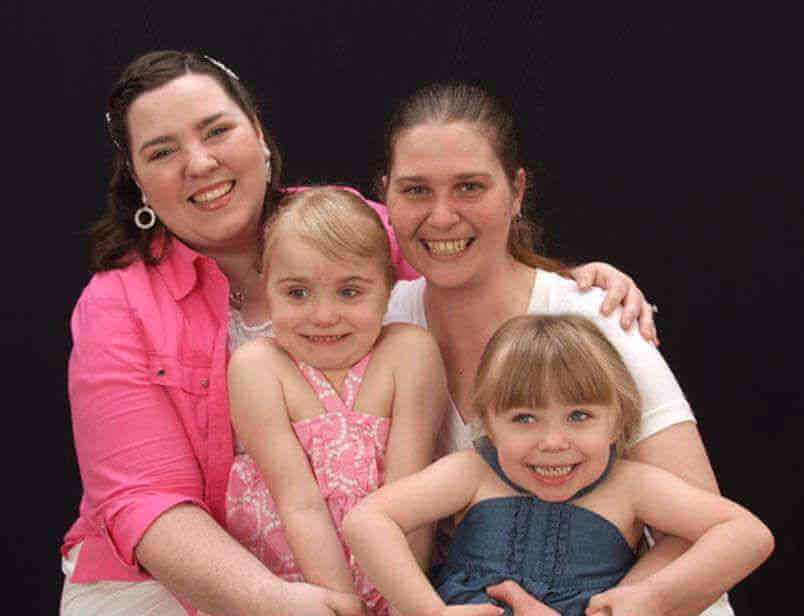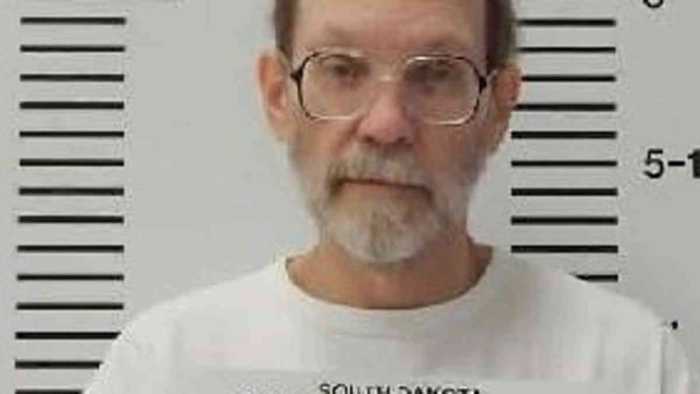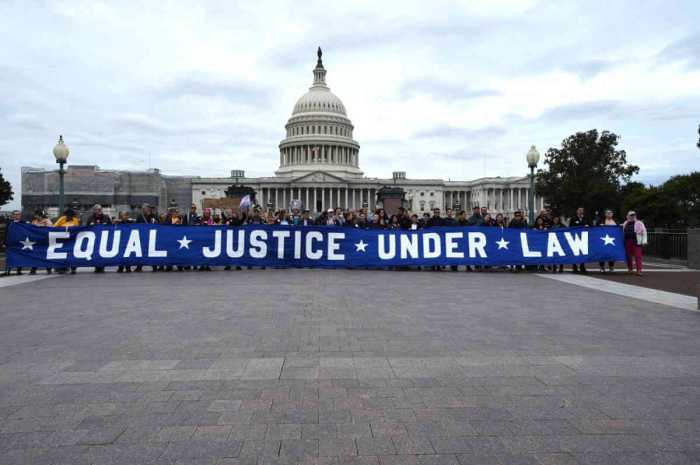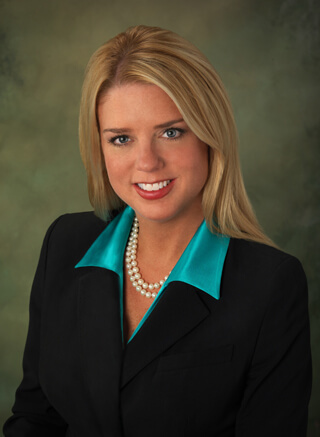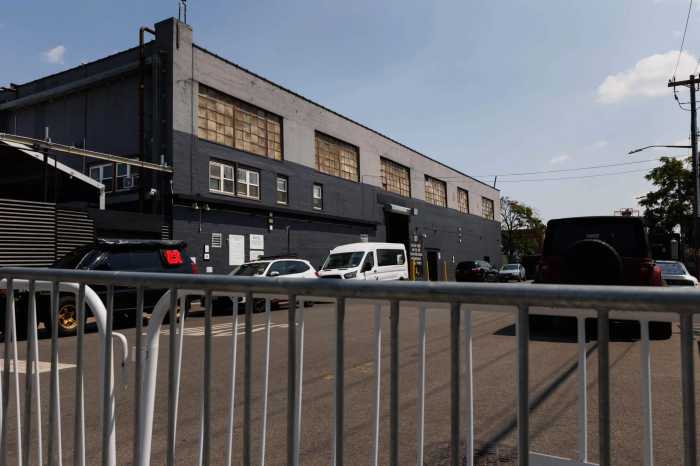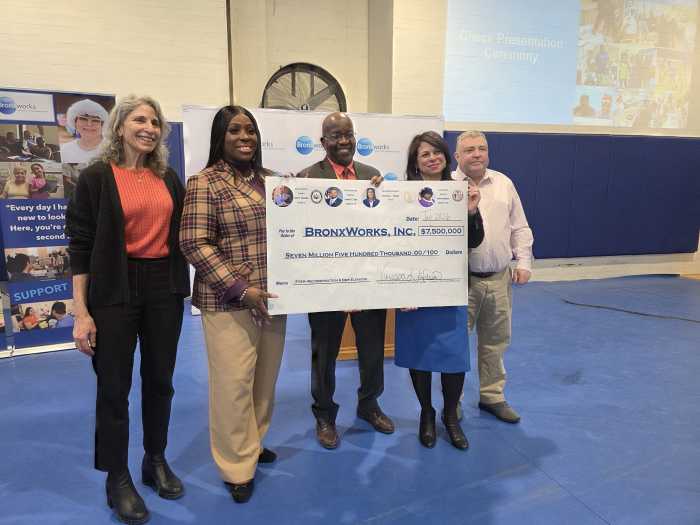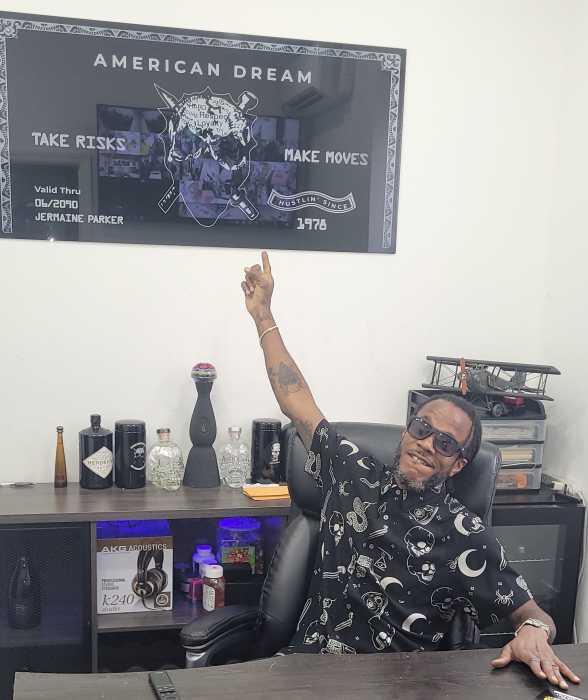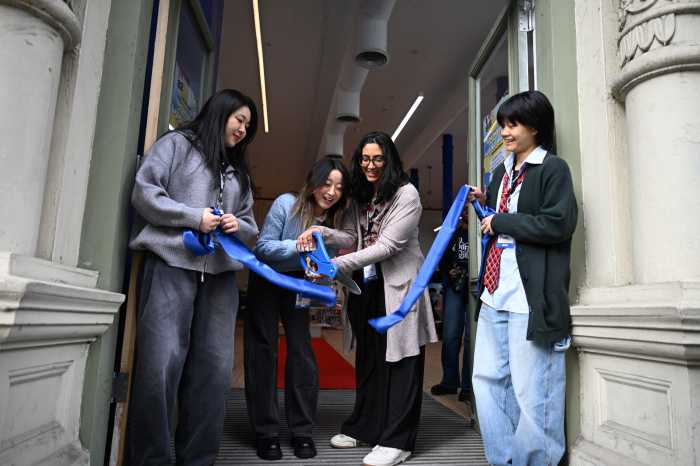The US Supreme Court has, for the third time, essentially kicked the can down the road on the question of businesses claiming religious exemptions from providing goods and services for same-sex weddings.
On June 17, the high court sent a gay wedding cake case — in which Rachel and Laurel Bowman-Cryer had prevailed over Melissa and Aaron Klein, owners of Sweet Cakes by Melissa, who declined to make a cake for the lesbian couple’s 2013 wedding — back to the Oregon Court of Appeals for reconsideration in light of the 2018 Supreme Court ruling in Masterpiece Cakeshop v. Colorado Civil Rights Commission.
In that Colorado case, the Supreme Court found in favor of baker Jack Phillips, but critically not on his underlying claim that he enjoyed free exercise of religion and free speech exemptions from the state’s nondiscrimination law. Instead, in an opinion by Justice Anthony Kennedy, the court found that the Commission had not given Phillips a respectful, neutral forum to consider his religious freedom claim. Though Kennedy pointed to several factors raising concerns about the neutrality of the forum the baker faced, he focused particularly on comments made by some Commission members during a public hearing suggesting hostility to his religious beliefs.
In the Oregon case, the Kleins were penalized $135,000 for their refusal to serve the Bowman-Cryers. Last fall, the Kleins filed a petition for Supreme Court review, arguing that the Oregon Court of Appeals ruling in favor of the Bowman-Cryers violated their constitutional rights of free exercise of religion and freedom of speech.
They also claimed they did not discriminate against the lesbian couple because of their sexual orientation — which is illegal under Oregon law — arguing they would refuse to make a same-sex wedding cake regardless of the sexual orientation of the would-be customer.
Perhaps of greatest significance, however, was the Kleins’ request that the Supreme Court reconsider its 1990 decision in Employment Division v. Smith, where it ruled that the First Amendment’s Free Exercise Clause does not exempt people with religious objections from complying with state laws of general application not specifically targeting religious practices.
For the time being, at least, none of these issues will go before the high court. Instead, the Oregon Court of Appeals is being asked to consider whether the Kleins were denied a neutral forum in asserting their religious and free speech claims.
If the action by the Washington State Supreme Court earlier this month is any predictor, the Kleins may be disappointed in going back to their state’s courts. On June 6, the Washington court refused to back down from its earlier decision that Barronelle Stutzman and her business, Arlene’s Flowers, violated the state’s anti-discrimination and consumer protection laws in February 2013 when she told Robert Ingersoll she would not provide floral arrangements for his wedding to Curt Freed.
Stutzman’s appeal of the Washington Supreme Court’s 2017 ruling against her to the US Supreme was pending while the high court considered the Masterpiece Cake case. Two days after the Masterpiece decision was handed down in June 2018, Alliance Defending Freedom, the anti-LGBTQ litigation group represeing Stutzman, supplemented its petition to argue that, like Phillips in Colorado, she had been subjected to a “hostile” forum and her case should be sent back to the Washington Supreme Court. The US Supreme Court agreed, but Stutzman this month lost again in the Washington court.
Whether the Oregon Court of Appeals comes to any different conclusion in the Kleins’ appeal is, of course, unknown, but it would be surprising if it found that its earlier decision had been tainted by unfairness.
For now, then, the Supreme Court appears reticent to take on the underlying issue presented by Phillips, Stutzman, and Melissa and Aaron Klein. Though how the individual justices voted in sending the case back to the Washington Supreme Court is unknown, at least five voted affirmatively. Those five did not take the opportunity to bring the case directly before the high court for resolution at this stage.

